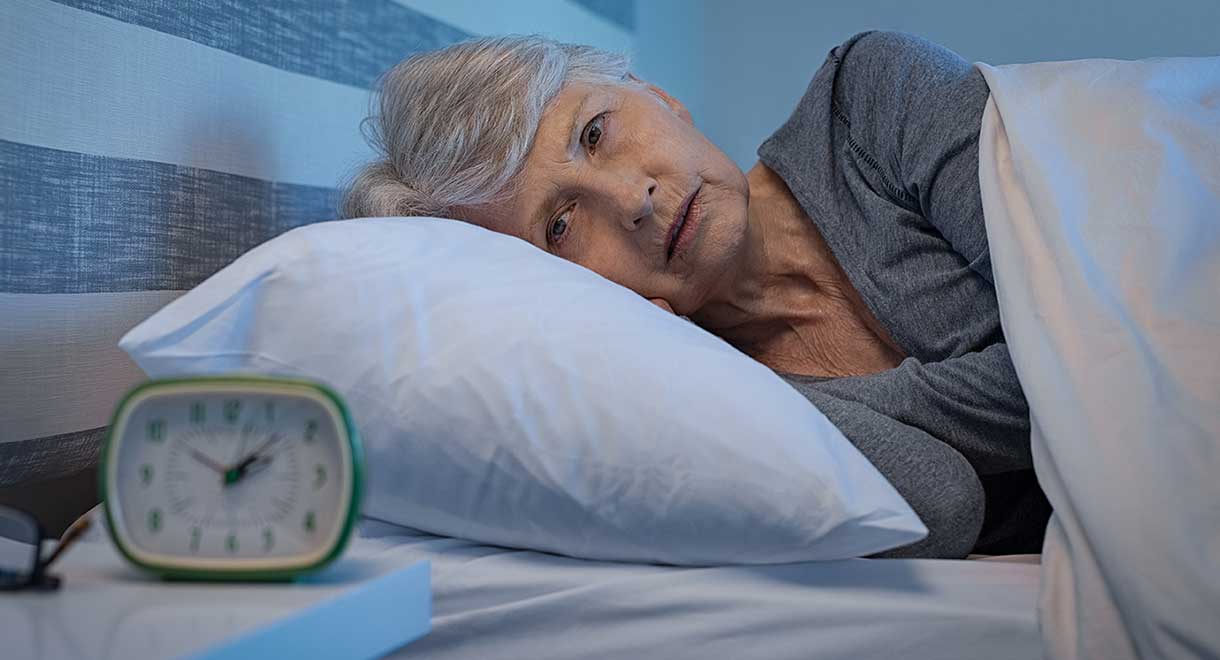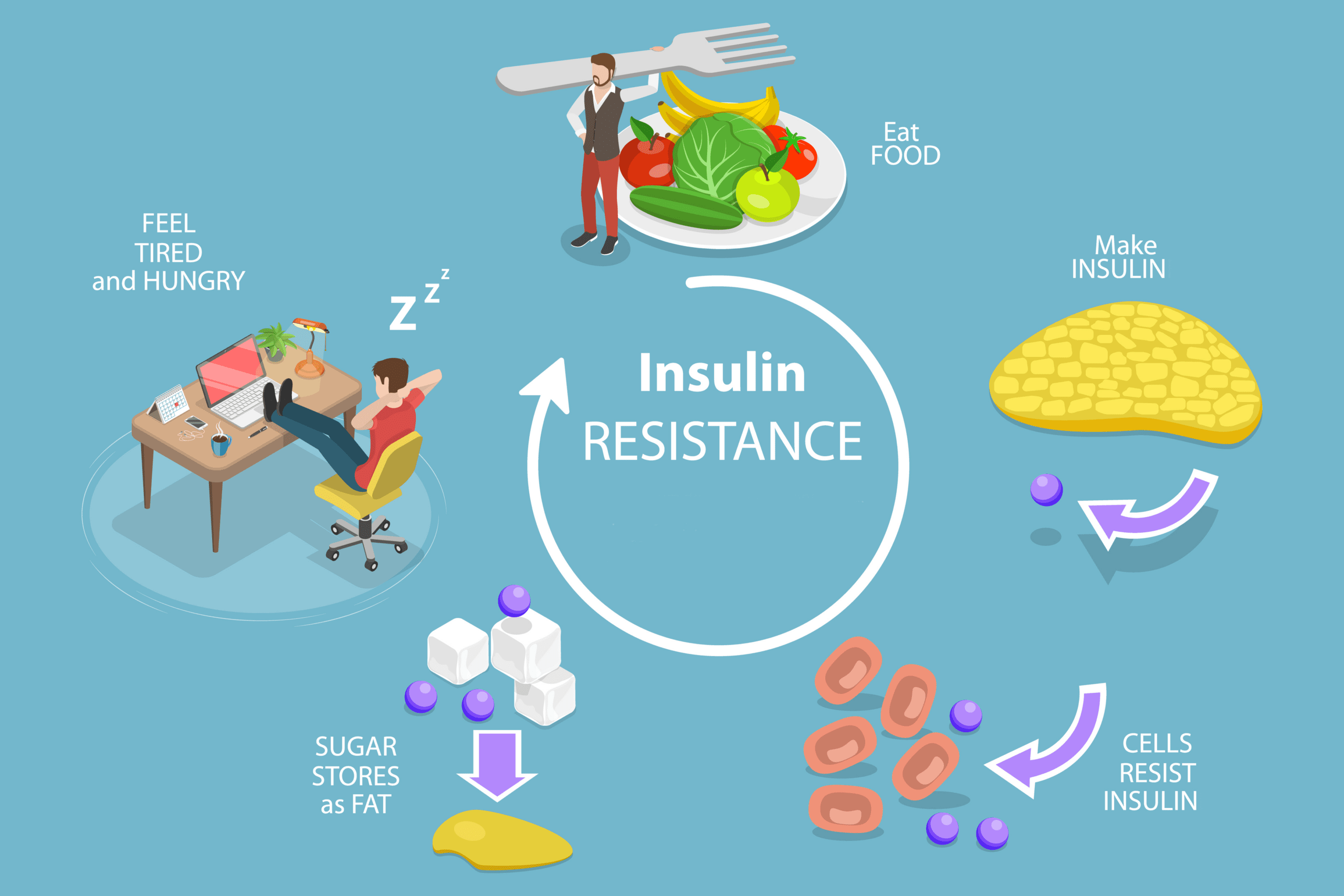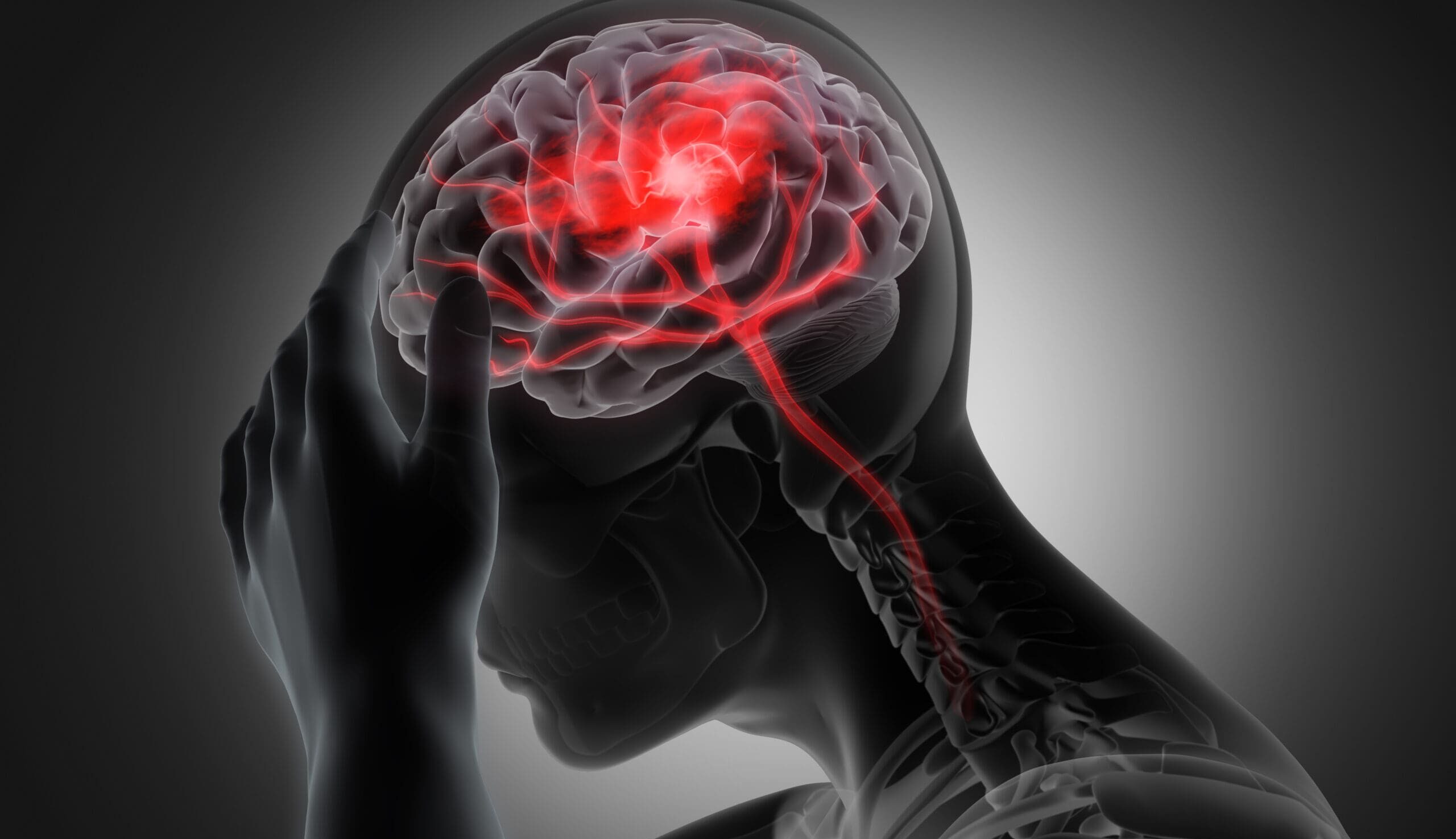Case study: Insomnia preventing weight loss
By naturopath Margaret Jasinska
Monica is a 62 year old lady who came to our clinic seeking help for weight loss and insomnia. She was approximately 15 kilos overweight and she was hovering dangerously close to type 2 diabetes. Monica’s sister had recently been diagnosed with diabetes and that frightened her and prompted this consultation.
Monica only struggled with her weight since menopause. Before then she ate what she wanted and never had to worry about her weight. Metabolism certainly slows down after menopause. Also, as we age we lose muscle and that further reduces the metabolic rate. Monica loved chocolate and she usually ate some straight after breakfast!
The other thing making it difficult for Monica to lose weight was insomnia. She had been sleeping badly since menopause. Along with that, a stressful event at work had a great impact and caused Monica to go on stress leave. She had a problem with her supervisor that eventually led to an episode of dangerously high blood pressure that saw her hospitalised for a day. She came to our clinic a few days later and planned to use her month of leave to look after her health. Poor sleep or insufficient sleep messes with the body’s hunger hormones and can cause insulin resistance and inability to lose weight.
Monica didn’t eat too badly; she just ate chocolate several times a day. She tagged some onto the end of most meals. Many people do not realise that sugar and carbohydrate rich foods fuel the appetite,which leaves you feeling hungrier so you end up eating more throughout the day.
Monica ate a healthy lunch and dinner consisting of protein and vegetables, however she didn’t eat enough healthy fats in her meals. She was afraid of eating fat because she had the mistaken belief it would make her fat. The truth is quite the opposite; eating adequate amounts of healthy fats helps to increase satiety. It makes you feel more full and satisfied after meals and therefore it becomes easier to stick with a healthy diet. One of the best ways to reduce sugar cravings is to eat more fat and protein.
My recommendations for my patient
- I asked Monica to choose breakfast options from the book called I Can’t Lose Weight and I Don’t Know Why. She could either have eggs and vegetables or a protein powder smoothie using whey protein powder. The smoothie option appealed to her because it was quick, tasty and filling. I suggested Monica add 1 teaspoon of Ultimate Superfood powder, to give her an energy boost.
- Because Monica had great difficulties getting to sleep, she received a prescription for melatonin. This is excellent for helping to re-establish the body’s sleep cycle. I also gave her a magnesium supplement to help her achieve a deeper quality sleep throughout the night. Monica was seeing a psychologist to help her deal with the bullying she experienced at work, and this was starting to reduce her anxiety level.
- Monica barely drank any water. On an average day she drank 2 glasses of water and 1 cup of tea and she didn’t consume any other liquids. Not drinking enough fluids can result in a very slow metabolic rate, but it also increases the sensation of hunger and sugar cravings. I asked Monica to drink approximately 8 glasses of water, herbal tea or green tea per day.
Monica is due to see me again in 2 weeks. She has contacted me to say she is feeling much more relaxed and her blood pressure has normalised. She has lost 5 kilos already and that has kept her motivated and excited about sticking with her eating plan.









Being on antidepressant, found that I have insomnia too and feel so tired and weak.
Hi Marianna,
Have you tried magnesium or natural melatonin ?
We have this article on sleep tips that might interest you:
All the best,
Louise